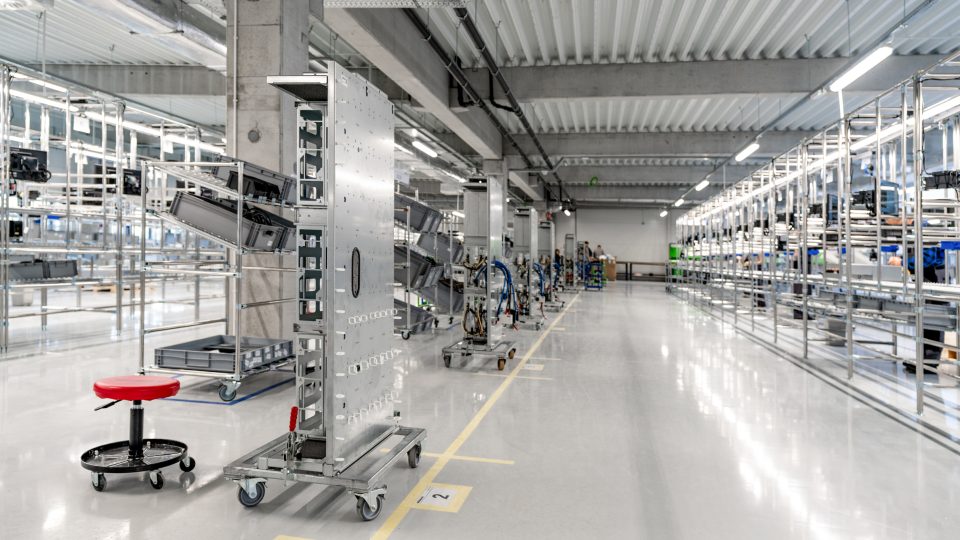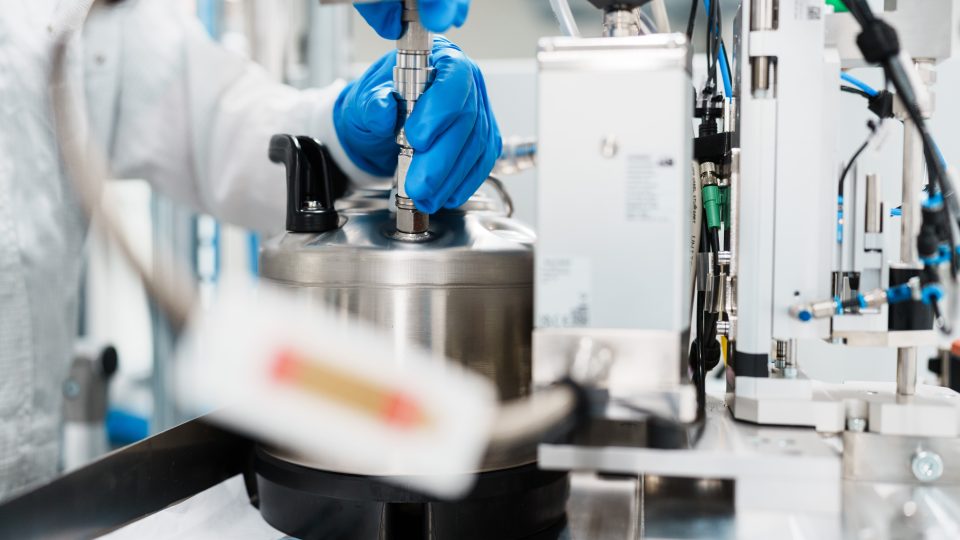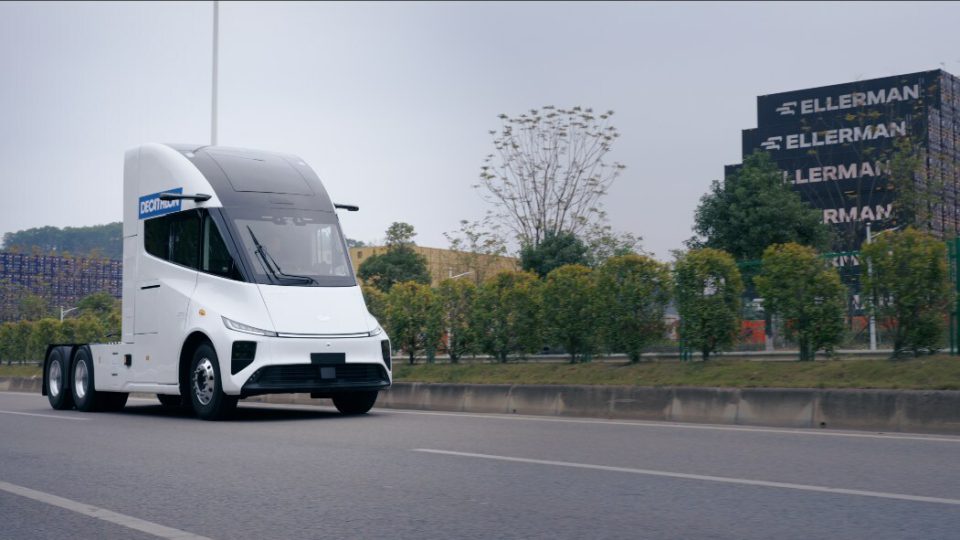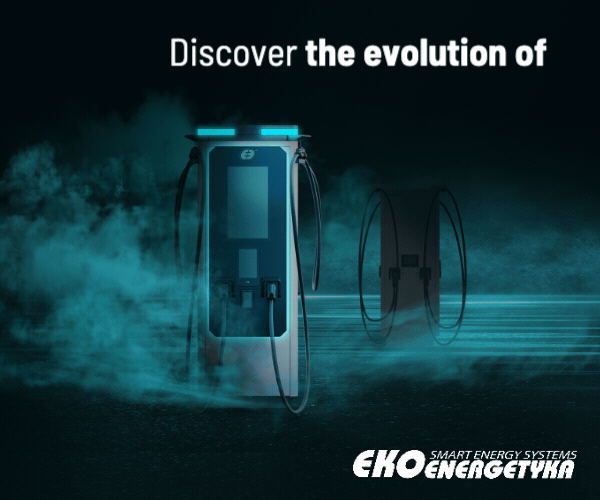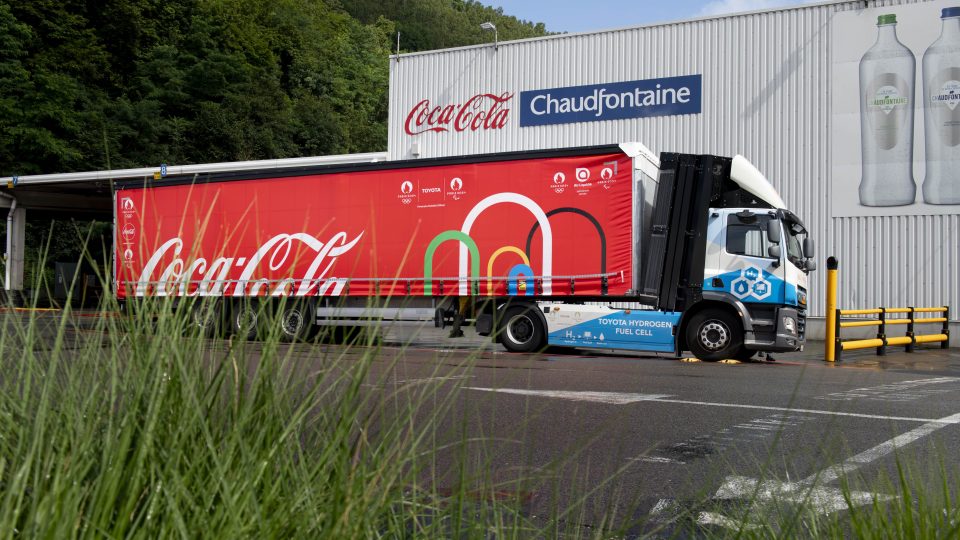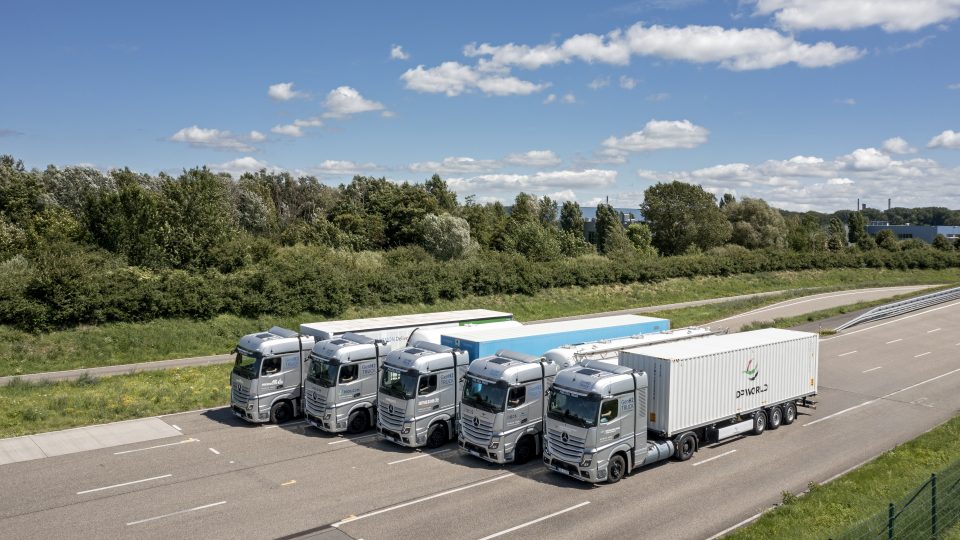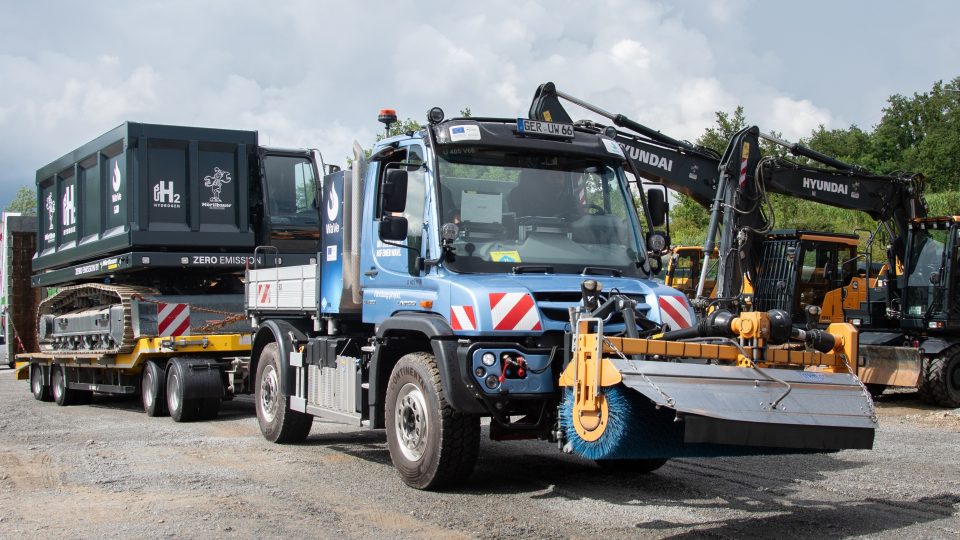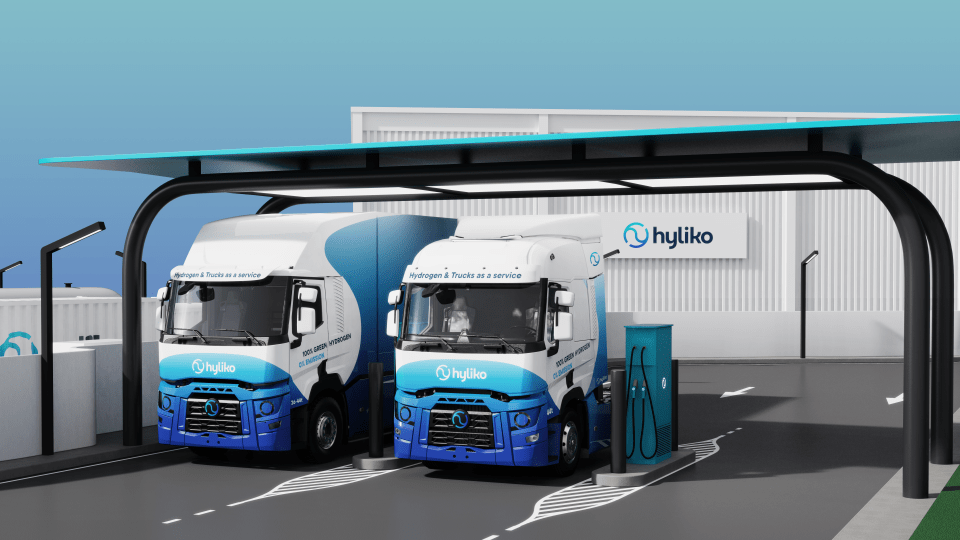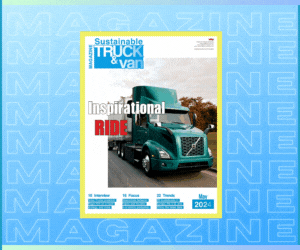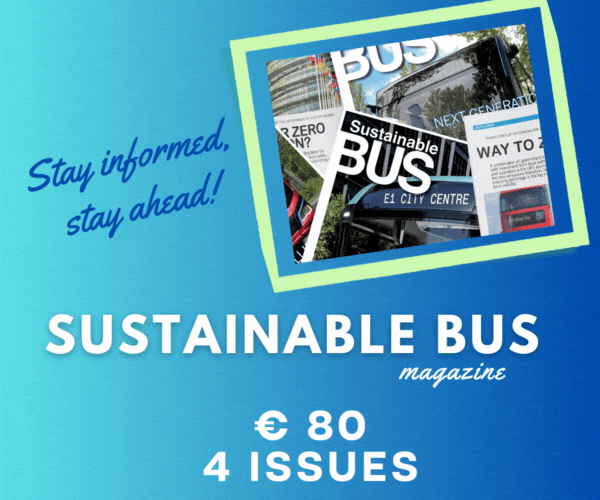How to make fuel cell stacks less expensive? UK-based Bramble Energy seems to have a solution
Bramble Energy released a white paper explaining how fuel cell stacks may cost ten-times less than existing technology, up to $60/kW. Unlike traditional fuel cell technologies, Bramble's PCB-based approach allows for high-volume production within existing facilities. "Our mission at Bramble Energy is removing the biggest barriers to hydrogen adoption", said CEO Tom Mason.
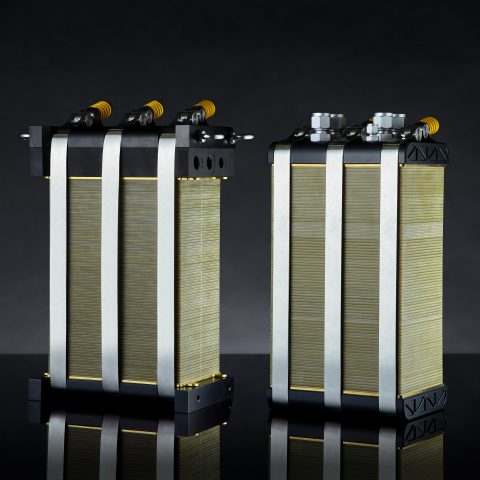
Fuel cell stacks, key components indeed to promote hydrogen-based mobility, do cost too much nowadays. For instance, big companies like Bosch are trying to work on materials and circular economy to find a solution in the short-to-medium term. Now, UK-based hydrogen mobility specialist Bramble Energy released a white paper (here you can find the whole document) explaining how fuel cell stacks may cost ten-times less than existing technology, up to $60/kW.
How do current fuel cell stacks cost?
Current fuel cell technologies exceed $1000/kW, so it is a major leap to achieve $100/kW. The paper presents Bramble Energy’s ground breaking patented printed circuit board (PCB) fuel cell technology to bring industry towards this goal through innovative design, materials selection, and manufacturing processes. Currently in early phase testing and in-work through its UK supply chain, short stack testing of this technology will be conducted in Q4 2023 after further core module optimisation; with full stack testing expected in Q2 2024.
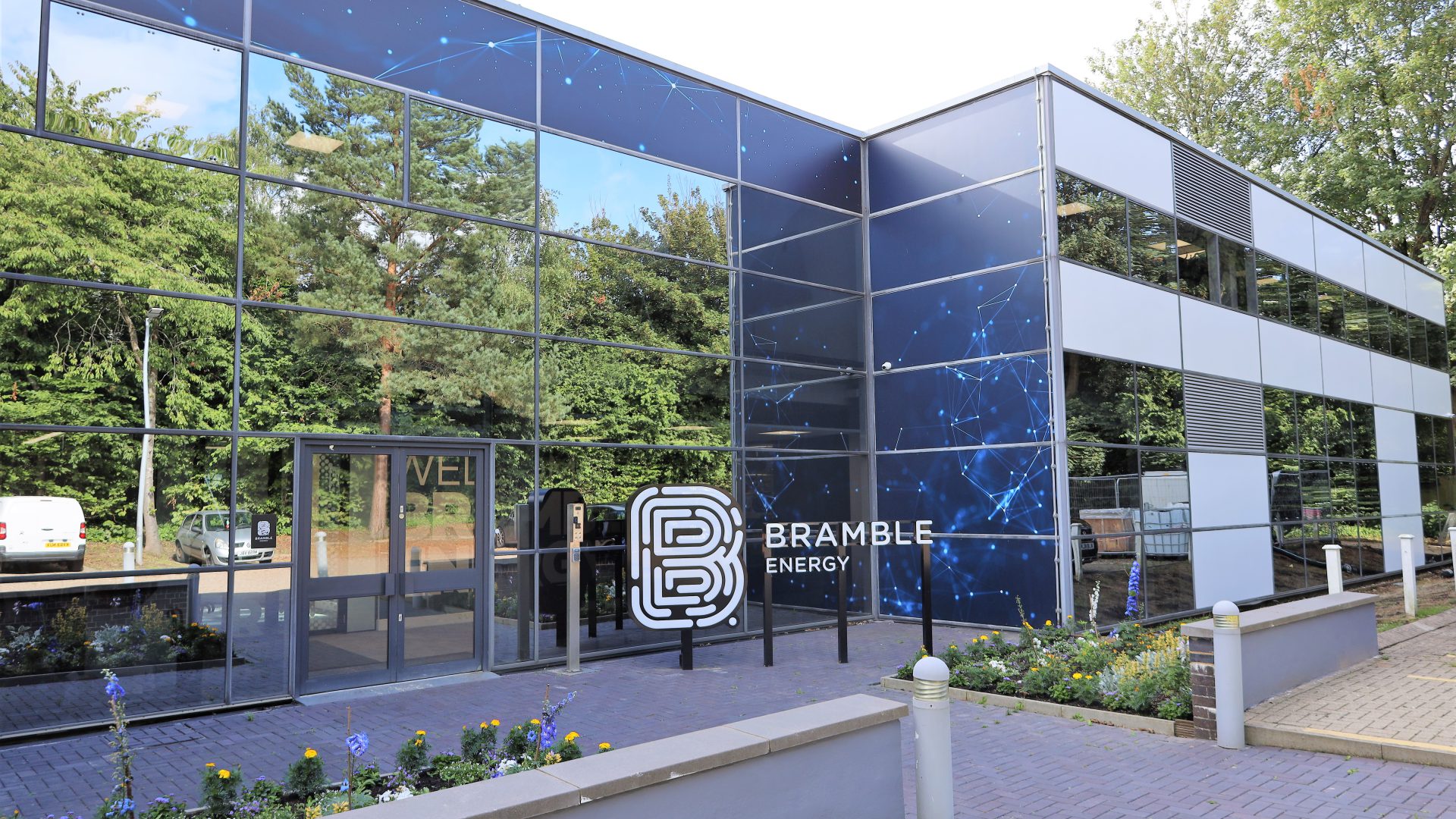
The whitepaper details overcoming the primary challenge of reducing the cost of fuel cells with Bramble leveraging standardised PCB materials and an existing manufacturing route, eliminating the need for capital investments (CAPEX). This approach enables Bramble to reduce the cost per kW, a critical factor in achieving cost-competitive fuel cells.
Bramble’s PCB-based approach
Unlike traditional fuel cell technologies, Bramble’s PCB-based approach allows for high-volume production within existing facilities. The throughput of a UK prototyping PCB facility is in the region of 250 panels per day. Larger facilities will typically handle 25,000 panels per day. High-volume facilities also work with larger panel sizes, which are more cost-effective and allow further freedom of design. PCB factories worldwide adhere to manufacturing standards such as ISO9001, ensuring consistent quality and production capacity.
Printed circuit boards (PCBs) are widely used in various applications from mobile phones to televisions and laptops, with a global manufacturing base worth over $70 billion annually. Bramble Energy leverages this extensive PCB manufacturing network, utilising standard production methods and materials to deliver fuel cells of various shapes and sizes for diverse applications.
The core substrate of Bramble’s PCB fuel cell is a standard PCB laminate, which serves as a bipolar plate, providing structural integrity and fulfilling all typical and complex fuel cell functional roles including gasketing, current collection, sealing and more. These standardised materials are widely used across the PCB industry, and this has resulted in significant economies of scale, accessible even at the smallest production and prototype values.
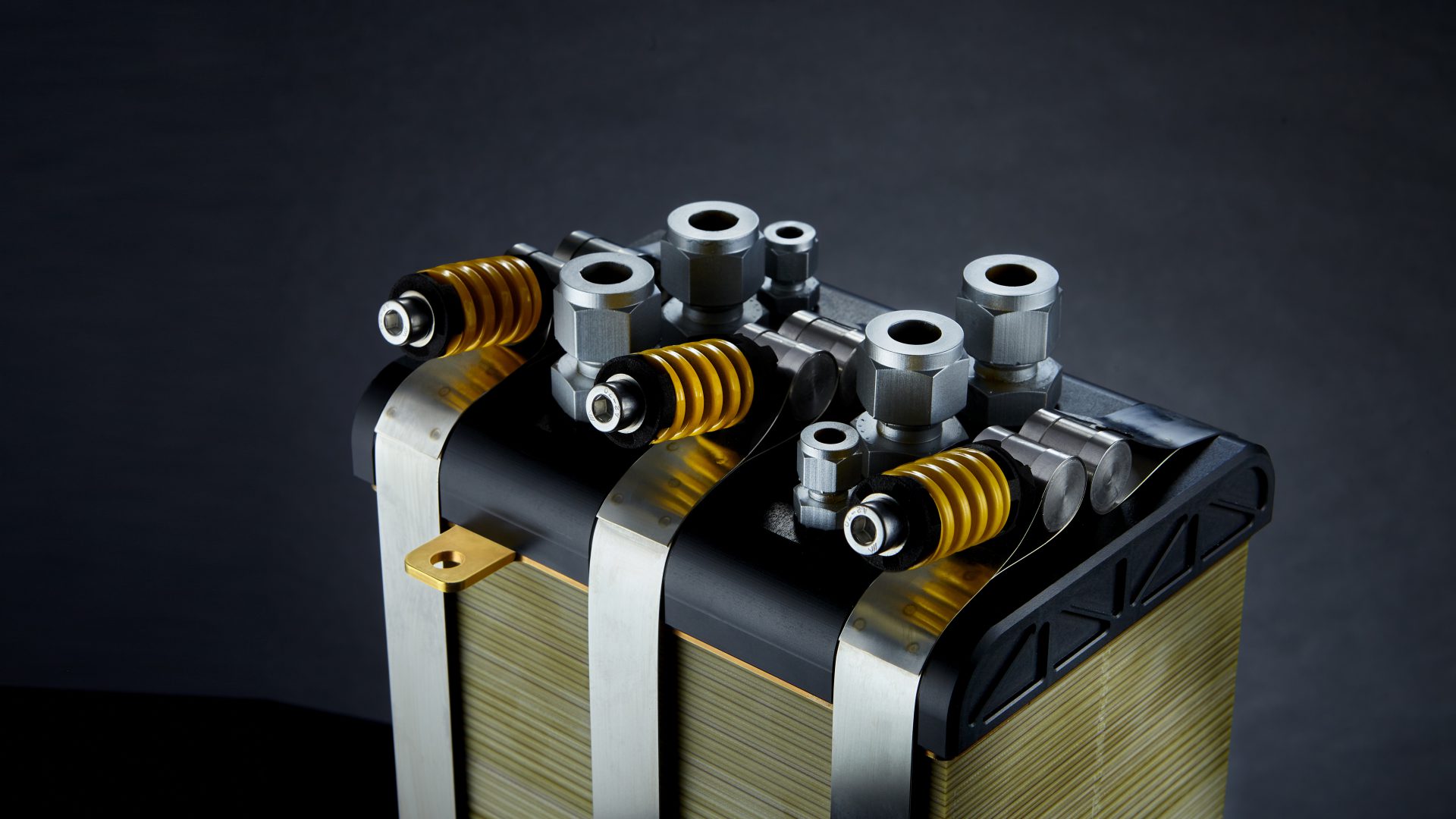
Collaboration with customers
Bramble Energy’s digitally tooled fuel cell design enables the production of fuel cells in various sizes and power outputs, empowering customers to control their own supply chain. Through joint development agreements (JDAs), Bramble collaborates with customers to develop customised solutions, and customers can then manufacture the products using PCB factories within their existing supply chain.
Tom Mason, Bramble Energy co-founder and CEO, said: “Industries are in desperate need of attainable, sustainable, clean energy solutions, so our mission at Bramble Energy is removing the biggest barriers to hydrogen adoption. With high cost hindering the hydrogen fuel cell industry for years, this whitepaper demonstrates how our printed circuit board fuel cell technology can deliver fuel cells at an achievable cost and the speed at which it be realised compared to existing technology. We hope this paper will provide industries from mobility to energy storage the encouragement for fuel cell technology to reach mass adoption as quickly as possible, and as a result, begin decarbonising immediately.”




